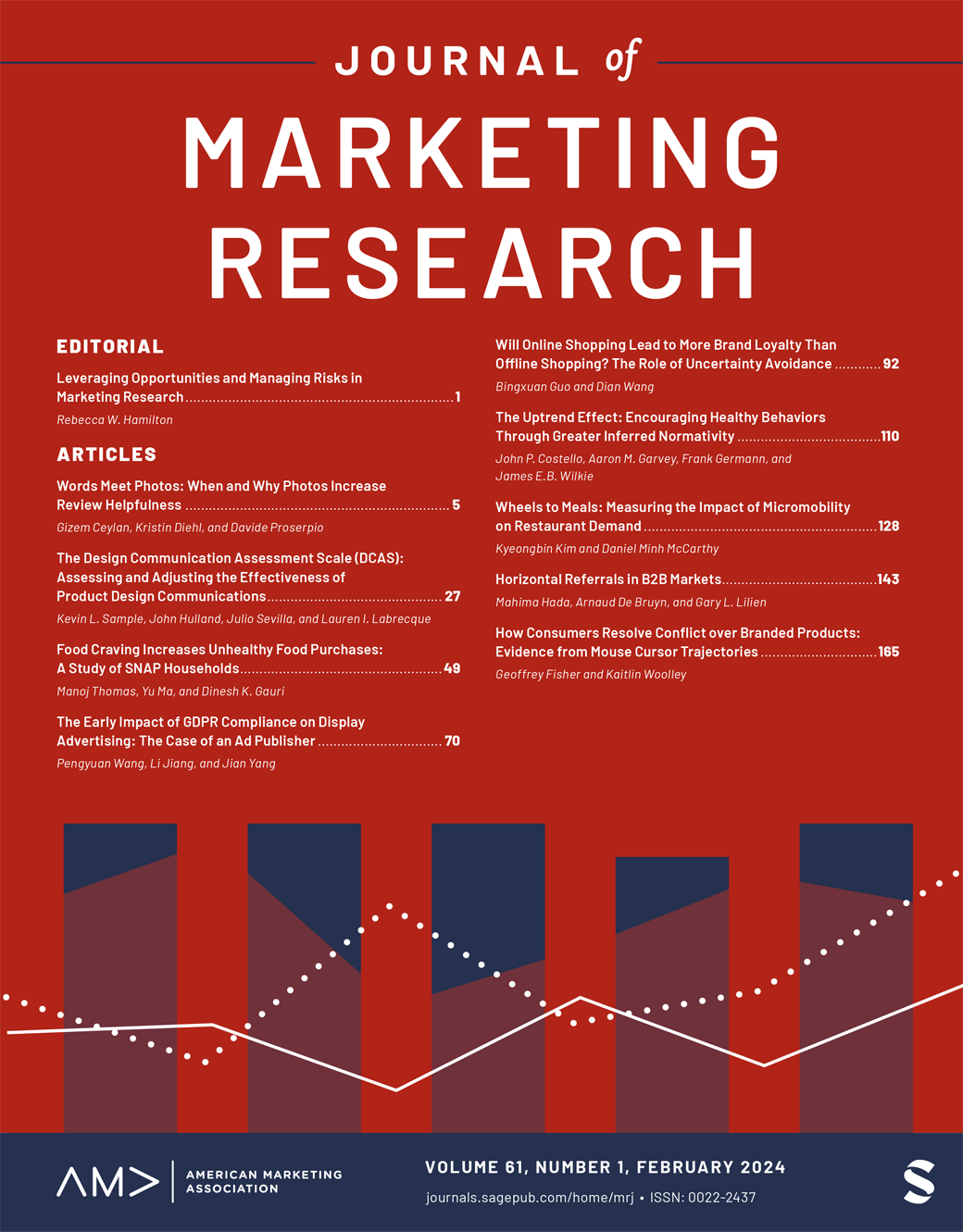EXPRESS: Monitoring Technologies in Industrial Systems
IF 5
1区 管理学
Q1 BUSINESS
引用次数: 0
Abstract
Monitoring technologies, which are at the heart of the industrial Internet of Things (IOT) ecosystems, promise significant transactional efficiencies by making it easier to track product performance and contract compliance. These efficiencies are particularly compelling in industrial multi-vendor, multi-component systems, where complex component interdependencies often cause disputes around liability in the case of product failures. Drawing on transaction cost theory, fieldwork, and a national survey of industrial original equipment manufacturers we estimate how product performance contracts are specified in these contexts, and how these monitoring technologies can impact ex-post exchanges between OEMs and their suppliers. We find that systems architecture associated with the multi-component systems, as well as the presumed efficiencies of monitoring technologies, drive the contract designs through their potential impact on the disputes, monitoring, and contract writing costs faced by the OEM. However, we also find there are clear limits to the benefits offered by these monitoring technologies. The greater monitoring facilitated by these technologies appears to exacerbate disputes. This counterintuitive finding comports with the view that, when unforeseen interdependent failures occur, detailed data from monitoring may trigger a spate disputes over new and unexpected information, as well as over the appropriateness of existing protocols for failure metrics and remedies.EXPRESS:工业系统监控技术
监控技术是工业物联网(IOT)生态系统的核心,通过更轻松地跟踪产品性能和合同合规性,有望显著提高交易效率。在多供应商、多组件的工业系统中,这些效率尤其引人注目,因为在这些系统中,复杂的组件相互依存关系往往会在产品出现故障时引发责任纠纷。借鉴交易成本理论、实地调查和对全国工业原始设备制造商的调查,我们估算了在这些情况下如何指定产品性能合同,以及这些监控技术如何影响原始设备制造商与其供应商之间的事后交换。我们发现,与多组件系统相关的系统架构以及监控技术的假定效率,通过对原始设备制造商面临的争议、监控和合同编写成本的潜在影响,推动了合同设计。不过,我们也发现,这些监控技术所带来的好处也有明显的局限性。这些技术带来的更多监控似乎会加剧纠纷。这一与直觉相反的发现符合这样一种观点,即当不可预见的相互依赖的故障发生时,监控所产生的详细数据可能会引发一系列关于新的和意想不到的信息的争议,以及关于故障度量和补救措施的现有协议是否合适的争议。
本文章由计算机程序翻译,如有差异,请以英文原文为准。
求助全文
约1分钟内获得全文
求助全文
来源期刊

Journal of Marketing Research
BUSINESS-
CiteScore
10.30
自引率
6.60%
发文量
79
期刊介绍:
JMR is written for those academics and practitioners of marketing research who need to be in the forefront of the profession and in possession of the industry"s cutting-edge information. JMR publishes articles representing the entire spectrum of research in marketing. The editorial content is peer-reviewed by an expert panel of leading academics. Articles address the concepts, methods, and applications of marketing research that present new techniques for solving marketing problems; contribute to marketing knowledge based on the use of experimental, descriptive, or analytical techniques; and review and comment on the developments and concepts in related fields that have a bearing on the research industry and its practices.
 求助内容:
求助内容: 应助结果提醒方式:
应助结果提醒方式:


